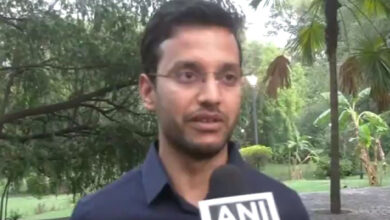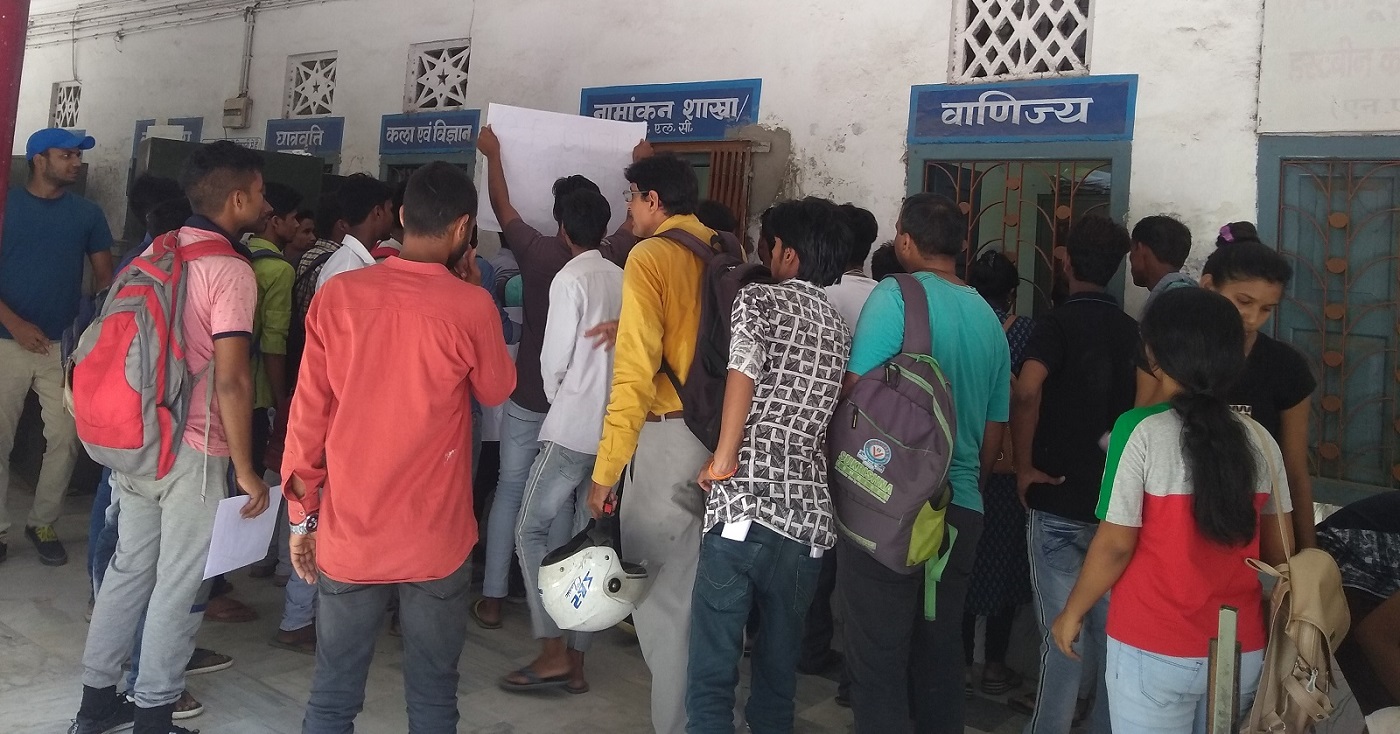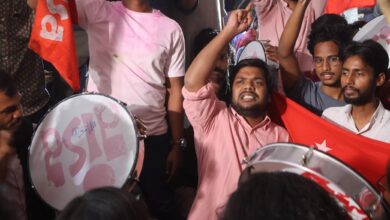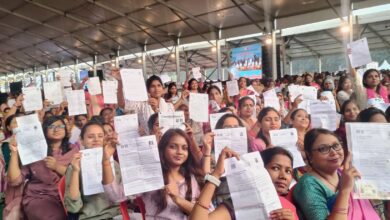Educational Disruptions During Covid-19: How to Close the Learning Gaps
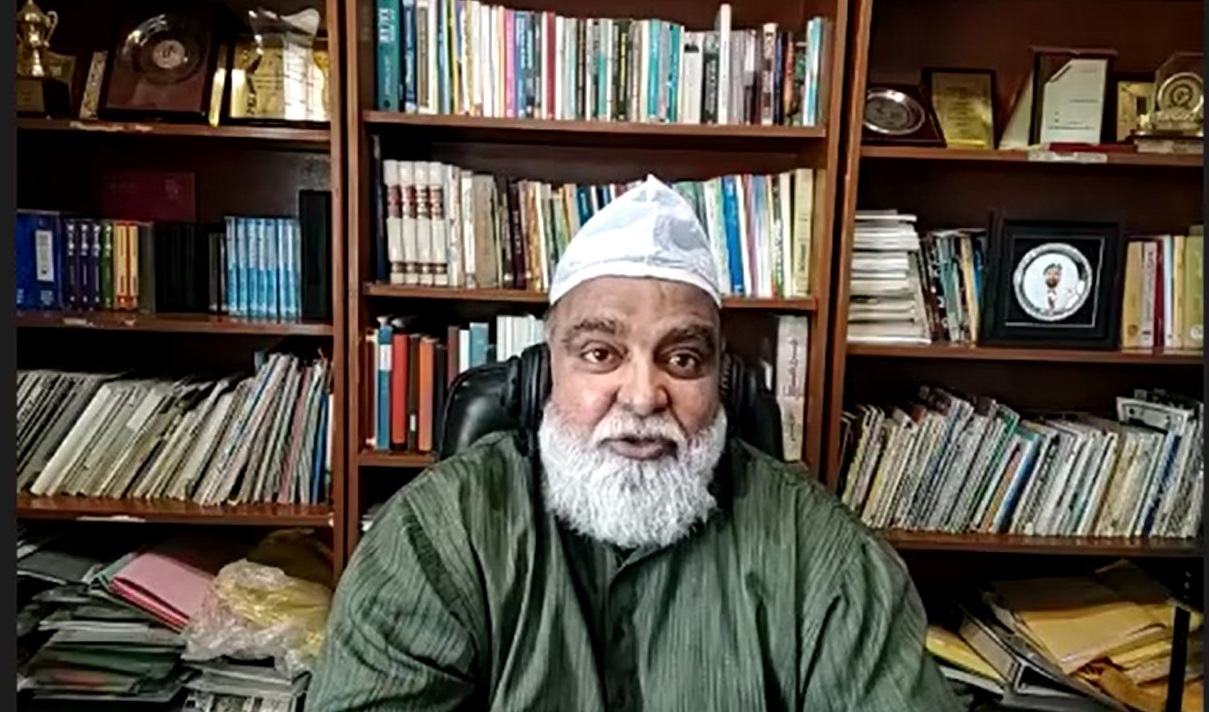
Since March 2020 children have hardly gone to school. It’s almost 15 months and there is no certainty when the schools and other educational institutions will start functioning. A section of students, mostly those associated with private schools, have somehow managed to continue learning in an online mode. But most surveys show that majority of the students don’t have access to digital device and internet and thus have been deprived of education during this period. The condition in the rural areas is worse.
This is an unprecedented crisis time and requires out-of-the-box thinking to close the gaps caused in the education system. The biggest gap is that there is no formal classroom education for the past 15 months. Students have been promoted to the higher classes without any learning. Suppose a student was in class 5 when the lockdown was imposed in March 2020. He is now in class 7 without doing any study in class 6. How will this gap of class 6 be filled?
Covid-19 pandemic has exposed the glaring digital divide existing in the society. A section of the students, who could afford, continued learning online. But a vast majority could not afford and thus there has been no learning for them. The digital divide has led to huge gap among the students. These are complex issues and require innovative ideas. The gap would further widen if corrective measures are not taken at the policy level.
The digital divide has led to huge gap among the students. These are complex issues and require innovative ideas. The gap would further widen if corrective measures are not taken at the policy level.
BiharConnect proposes to organise a series of dialogue to come out with workable solutions to overcome this unprecedented crisis. The dialogue will focus to understand the severity of the problem and get the solution from various stakeholders.
Shakil Ahmed Kakvi, founder, Kainat International School, Kako, Jehanabad, suggested that Panchayat representatives should be roped in to help in conducting group digital learning at community centres in the villages. It would require to install a big LED screen that can be managed from Panchayat or other government funds.
In a conversation with Gyanendra Kumar Keshri, CEO & Editor, BiharConnect, Kakvi suggested that the syllabus should be reduced and focus should be on helping students in learning the language. “The language is extremely important. If gap remains in language the student would be able to understand other subjects. So the first focus should be on the language,” Kakvi said.
Teachers have also been badly affected due to the lockdowns. Majority of teachers, mostly associated with smaller private schools, have not been paid. A large number of them have got themselves engaged in other activities. Even if they return to teaching they would be required to refresh their skills.
Even before, Covid-19 there was huge dearth of trained teachers. Now the situation have become worse. The teachers are required to be given extra training on digital learning.
Whenever the schools reopen the school duration would be required to be increased. “It could be taken as day boarding. The children have become used to of staying at home. Now they would be required to develop a habit of spending more time in school.”
Bihar Education Minister Vijay Kumar Chaudhary has said that the classroom teaching would resume in Bihar from July if the present declining trend of Covid cases continued.
Bihar Education Minister Vijay Kumar Chaudhary has said that the classroom teaching would resume in Bihar from July if the present declining trend of Covid cases continued.
In a report titled ‘Education in a post-Covid world: Nine Ideas for public action”, the United Nations Educational, Scientific and Cultural Organisation (UNESCO) has highlighted the need for building a new social contract around education, one that might be very different from the “school model” that consolidated across the 20th century.
“Though the school space remains fundamental, it needs to be transformed and augmented by a much broader space for learning. In this pandemic we have seen the extent to which professional and economic life is organised around the school, its schedules and its calendars,” it said. “When schools close, society as a whole goes into lockdown. Understanding this reality can help us to build a new social contract around education, one that might be very different from the “school model” that consolidated across the 20th century. It is no longer simply a question of delivering our children to schools at fixed times and relying on the inherited belief that time-spent equals learning-achieved. Instead, we must find flexible forms, flexible times, shared educational commitments, and an understanding of the ways that learning is broadly diffused across contemporary societies,” report added.

